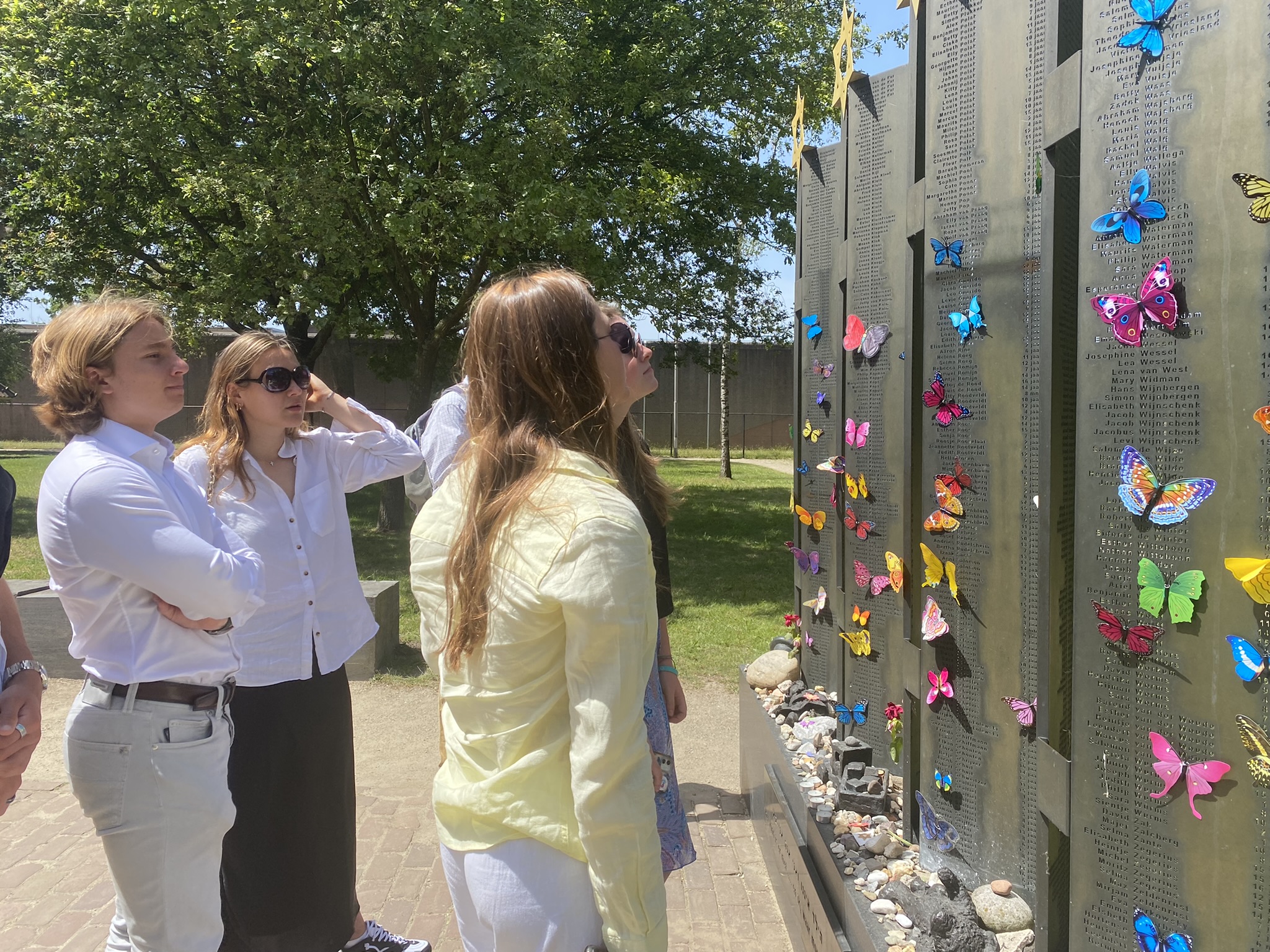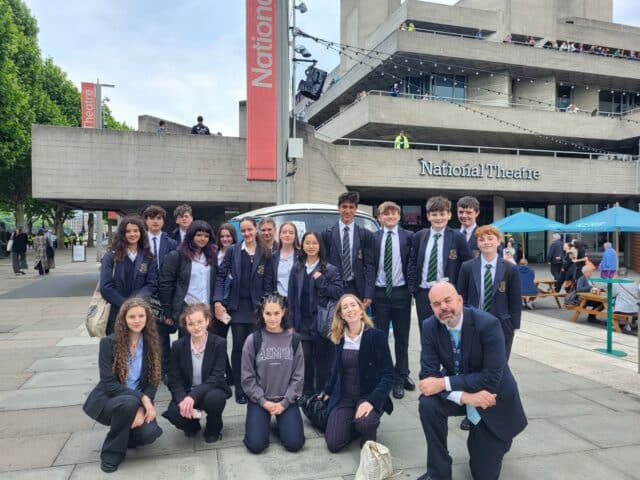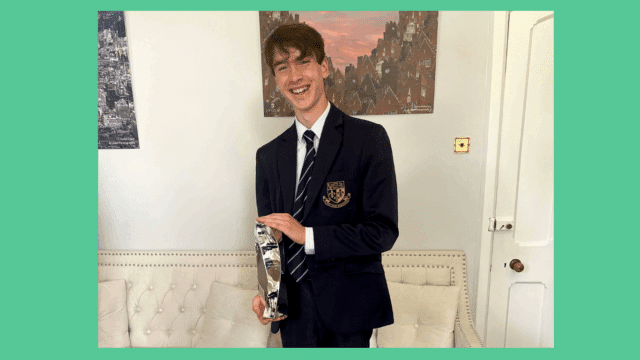This year saw the launch of the Epsom College Holocaust Ambassador Project, where a group of Lower Sixth students have been given the opportunity to learn about the Holocaust in a unique way, and then educate the wider College community on the lessons we can learn from this tragic, historical event.
The ambassadors – Katie Evans, Alice Griffin, Charlie Haviland, Lily-Rose Taylor-Fitzgibbon and Stefan Vaduva – have participated in seminars, attended a talk by a Holocaust survivor, visited the Holocaust Exhibition at the Imperial War Museum, delivered a Chapel service to commemorate Holocaust Memorial Day and engaged other year groups in important discussions surrounding the Holocaust.
On Friday the ambassadors, accompanied by Miss Duckworth and Canon Haviland, travelled to the Netherlands to visit Nationaal Monumet Kamp Vught. Kamp Vught was the only concentration camp in Western Europe outside Germany that was controlled by the SS. It was one of many labour camps established by the Nazi party to imprison political opponents and Jewish people.
The ambassadors were given a guided tour of the Kamp, during which they learnt about the Bunker Drama, the Children’s Memorial and the liberation of the Kamp. They saw the original fences, guard towers and crematorium and gained insight into what life would have been like for the prisoners in the reconstructed barracks, with a focus on prisoners who would have been the same age as the ambassadors. The contrast between the beautiful, peaceful countryside surroundings and the eeriness of the Kamp was a stark reminder of the brutalities that took place during the Holocaust.
Following the visit to Kamp Vught, the ambassadors then visited the nearby medieval city of s’Hertogenbosch, where they had a chance to explore in the sunshine and reflect as a group on their visit to Kamp Vught before returning home.
Speaking about the project, Alice Griffin said, “This has been a unique experience that has challenged us emotionally, mentally and creatively. We do not look at the Holocaust as just a historical event – instead, we continue to reflect on it in the context of modern-day issues, such as racism and xenophobia. The project has been an enriching experience which has given us the chance to deepen our knowledge and better understand the tragedy of the Holocaust.”





